Description
Birds are the most diverse group of land vertebrates and have evolved to exploit almost every terrestrial niche on earth. They also serve as a natural reservoir for an array of different pathogens that pose serious health risks to human and domestic animal populations, including West Nile virus, highly pathogenic avian influenza viruses, Newcastle Disease virus, and numerous enteric pathogens. Avian diseases are also critically important to the conservation of endemic bird species in many places around the world. Infectious Disease Ecology of Wild Birds focuses on the dynamics of infectious diseases for wild avian hosts across every level of ecological hierarchy, from the way pathogens interact with the physiology and behavior of individual hosts, the evolutionary and ecological dynamics of the host-parasite interactions occurring within populations, up to the complex biotic and abiotic interactions occurring within biological communities and ecosystems. Ebook suitable for undergraduate and graduate students in avian disease ecology, ecoimmunology, ecology, and conservation. It will also appeal to the professional parasitologists, ecoimmunologists, ornithologists, behavioural ecologists, conservation biologists, and wildlife biologists. 280 p.

- Jennifer C. Owen, Editor. Departments of Fisheries and Wildlife and Large Animal Clinical Sciences, Michigan State University, East Lansing, MI (USA).
- Dana M. Hawley, Editor. Department of Biological Sciences, Virginia Tech, Blacksburg, VA (USA).
- Kathryn P. Huyvaert, Editor. Department of Fish, Wildlife and Conservation Biology, Colorado State University, Fort Colliins, CO (USA).
- Publication date (digital version): 2021-08 – Oxford University Press.
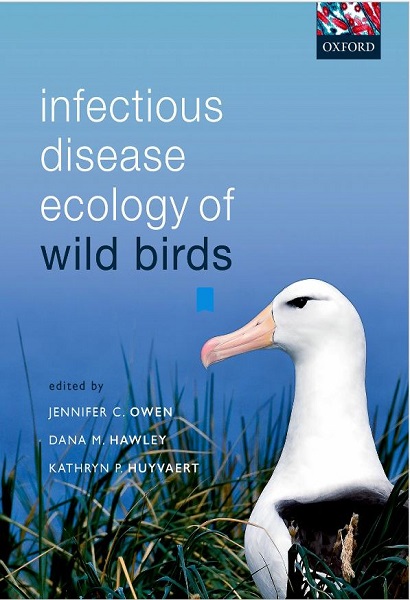
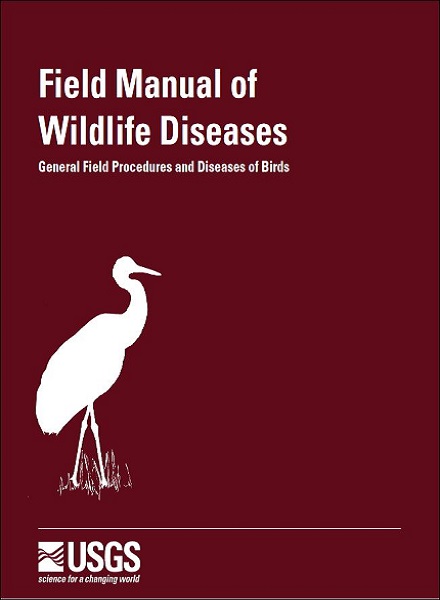
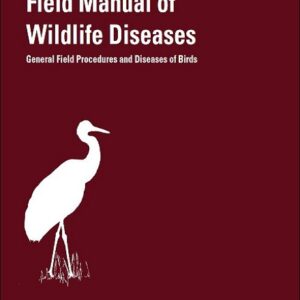
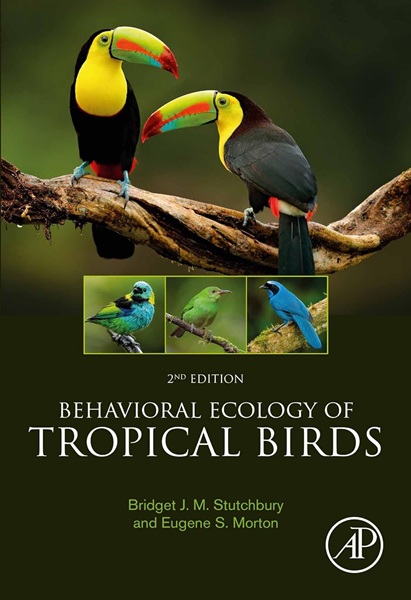
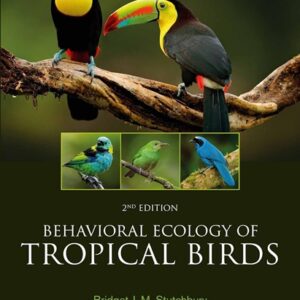
![Avian Research [Journal]](https://www.vet-library.com/wp-content/uploads/Avian-Research.jpg)
![Avian Research [Journal]](https://www.vet-library.com/wp-content/uploads/Avian-Research-300x300.jpg)
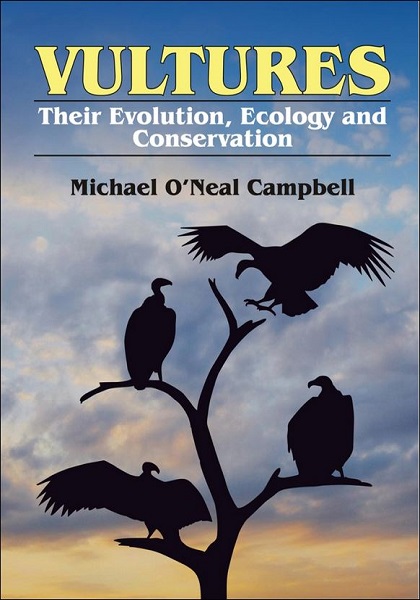
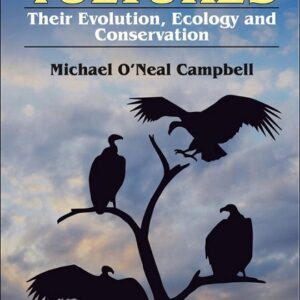
You must be logged in to submit a review.